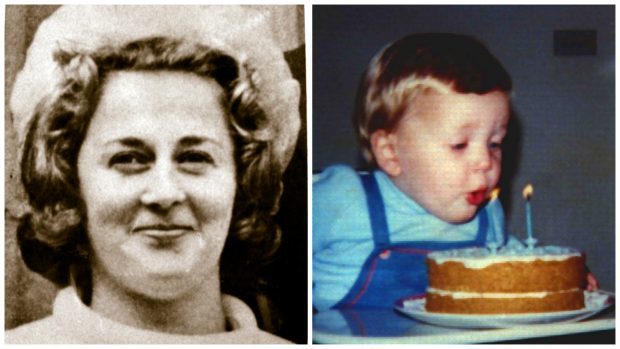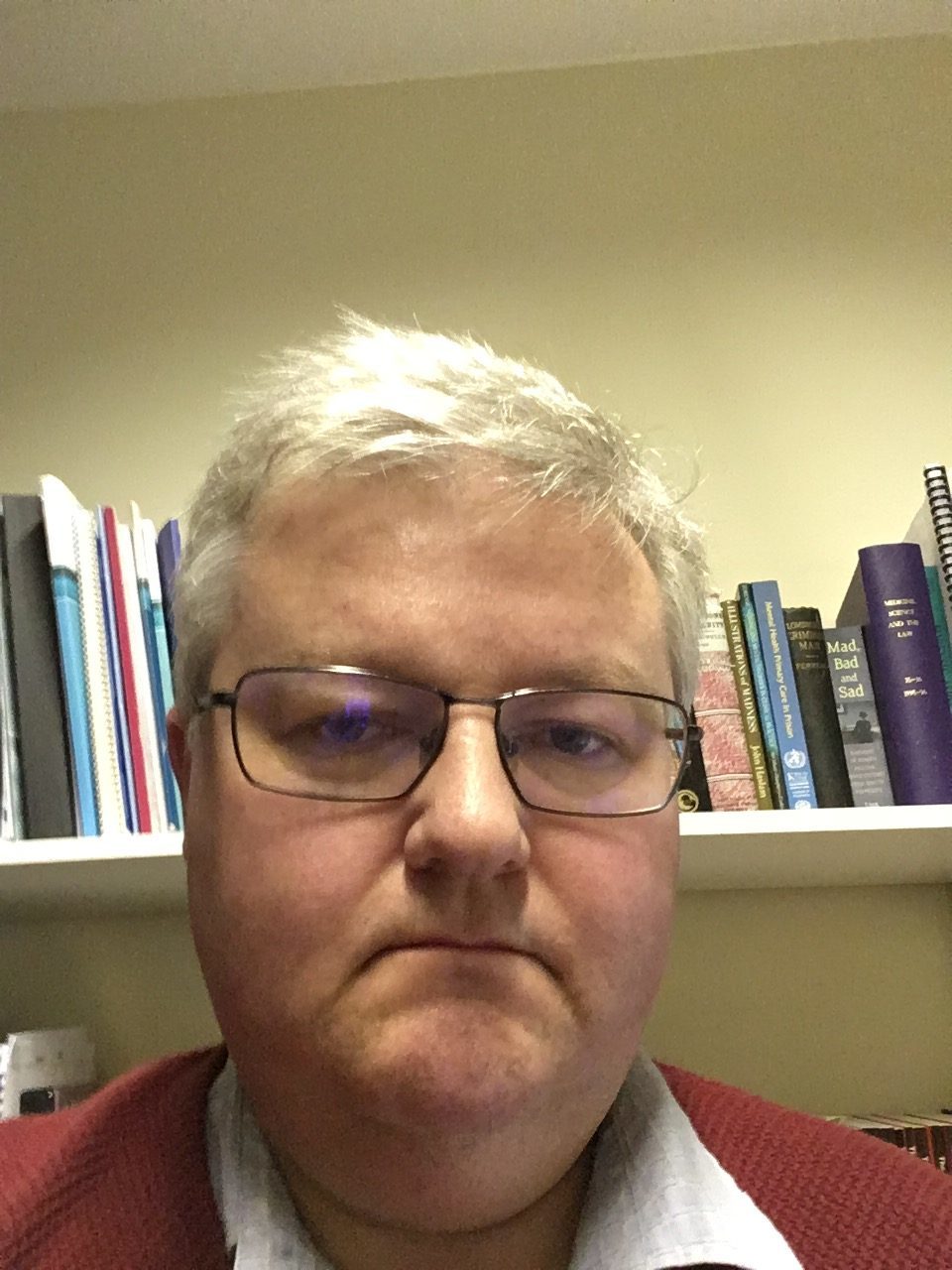If the killer of Renee MacRae is still alive they can never rest easy, according to a respected forensic psychiatrist.
But Dr John Crichton, chairman of the faculty of forensic psychiatry Royal College of Psychiatrists in Scotland, also believes that the murderer is unlikely to be troubled by their conscience.
Mrs MacRae, whose proper name was Christine, and her three-year-old son Andrew were last seen driving out of Inverness on November 12, 1976.
Later that night, the mother-of-two’s BMW was found burned out in a layby on the A9 near Dalmagarry, 12 miles south of the city. The pair have not been seen since.
Yesterday police said the case remains open and revealed an excavation of Dalmagarry Quarry in 2004 had “substantially enhanced” the evidence.
Officers also said radar surveys carried out on a part of the A9 close to where Mrs MacRae’s car was found discovered a road surface “anomaly.”
Detectives are to work with the local authority and road contractor to ascertain what could be the cause of the anomaly.
Giving his thoughts on the case, Dr Crichton said: “Most homicide in Scotland is unplanned, occurs between family members or acquaintances, is often alcohol fuelled, and utilises a weapon which is to hand – in 60% of homicides recently in Edinburgh a kitchen knife. There is often immediate remorse and the perpetrator may surrender themselves to the police or the crime requires minimal detection and there is an early confession.
“This case is not the most common type of homicide. There is evidence of planning and thought given to conceal evidence. Those who commit a planned homicide are less likely to show remorse immediately after or years later.”
He continued: “They get caught because of new evidence emerging, improvements in forensic science or third parties who know something and who have changed loyalties.
“In that sense the perpetrator if still alive can never rest easy. Even when evidence of a murder occurring some time ago is overwhelming the perpetrator may yet protest innocence.
“I have usually found such individuals plausible and engaging at interview – troubled by their changed circumstances but not for the victim.
“It must happen that some may change heart and wish to clear a conscience but in these rare cases the impression is often that the conscience was not so troubled in the first place and isn’t now.”

